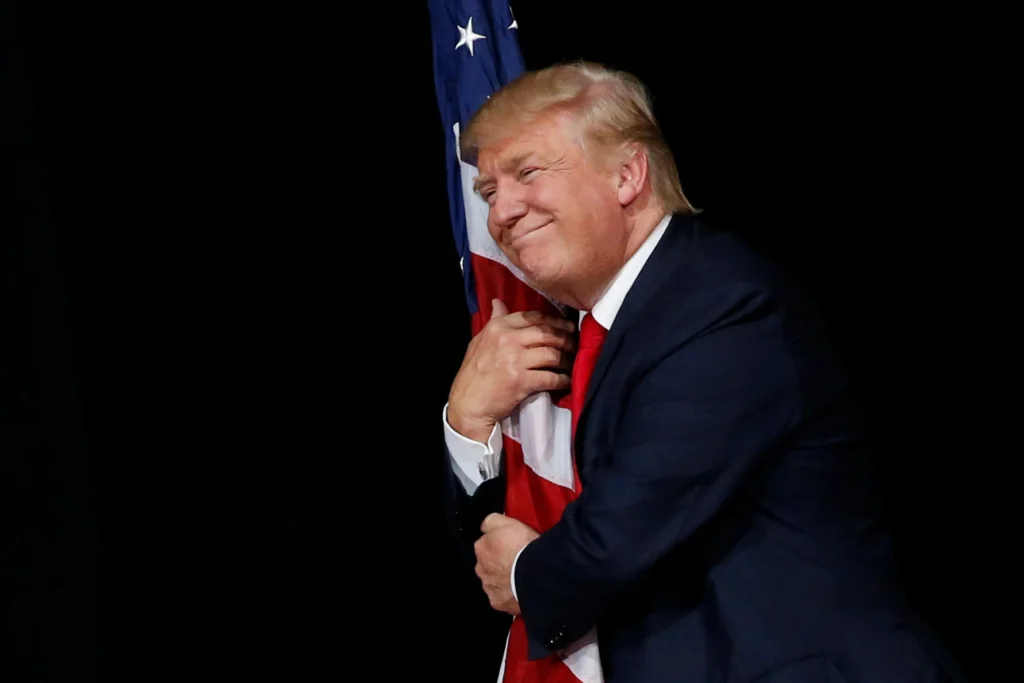Mr. Trump, America Is a Country—Not a Company
By USA Business & Finance Weekly

Introduction: Business vs. Governance
Mr. Trump, we acknowledge your success in the corporate world. But running a country is not the same as running a company.
In business, you focus on:
- Cutting costs
- Maximizing profits
- Maintaining cash flows
In governance, the priorities are far broader:
- Ensuring national security
- Providing education and healthcare
- Preserving law and order
- Promoting economic stability and equality
You can’t run a country like a quarterly balance sheet.
The Cost of Cutting Costs
You may balance a national budget by cutting spending on defense, education, or healthcare—but at what price?
Consequences of austerity in essential services:
- Breakdown of law and order
- Weakening of military preparedness
- Worsening public health outcomes
- Decline in education and skill levels
Short-term surplus can lead to long-term national decline.
📚 Case Study: The Crushing Weight of Student Debt
“Many Americans are burdened with debt long after graduation—some for life.”
- 43.2 million Americans owe over $1.6 trillion in student loans (Federal Reserve, 2024)
- Many repay loans well into their 40s and 50s
- The high cost of education drives talented American youth away or leaves them financially crippled
Meanwhile, skilled professionals from other countries with affordable or subsidized education systems move to the U.S. and claim top positions—highlighting a systemic imbalance.
Every Administration, A New Direction
Your term saw sudden policy shifts, with little consistency across administrations. This lack of continuity undermines long-term planning.
- Knee-jerk reactions create policy uncertainty
- Investors, educators, and citizens struggle to plan
- Global trust in U.S. leadership declines
📈 Case Study: Tariffs and Inflation
Your blanket tariff strategy treated allies and adversaries alike. While some protectionism may be justified (e.g., with China or rogue states), indiscriminate tariff hikes have had harmful effects:
- U.S. consumer prices rose by ~0.3% due to 2018–2019 tariffs on Chinese goods (Peterson Institute for International Economics)
- Low-income households were hit hardest, as they spend more on affected everyday items
These tariffs became a hidden tax on Americans, not an effective weapon against foreign powers.
Dollar Dominance at Risk
The U.S. dollar is the world’s leading reserve currency. Yet:
- High tariffs and protectionist policies risk trade retaliation
- Countries may begin shifting to alternatives like the Euro or Chinese Yuan
- Global trade imbalances could trigger forex crises in weaker economies
Instead of strengthening America’s global position, these policies may isolate it economically.
What Could Have Been Justified
If the policy had:
- Targeted abusers of trade rules (like China)
- Punished rogue nations (e.g., Pakistan, North Korea, Iran)
- Protected American innovation and IP
…then it would have had broader support and strategic merit.
In fact, your decision in the earlier term to cut aid to Pakistan, recognizing its misuse of U.S. funds, was a positive and principled move. But tariff policies need similar nuance.
Conclusion: Lead Like a Statesman, Not a CEO
A country is not a corporation. Its success is measured not just in surpluses, but in:
- Social stability
- Citizen welfare
- Global leadership
Policies rooted in corporate efficiency but lacking in human-centric planning will harm the very people you’re trying to help.
For more detailed analyses and real-time updates, visit USABusinessAndFinanceWeekly.com.
